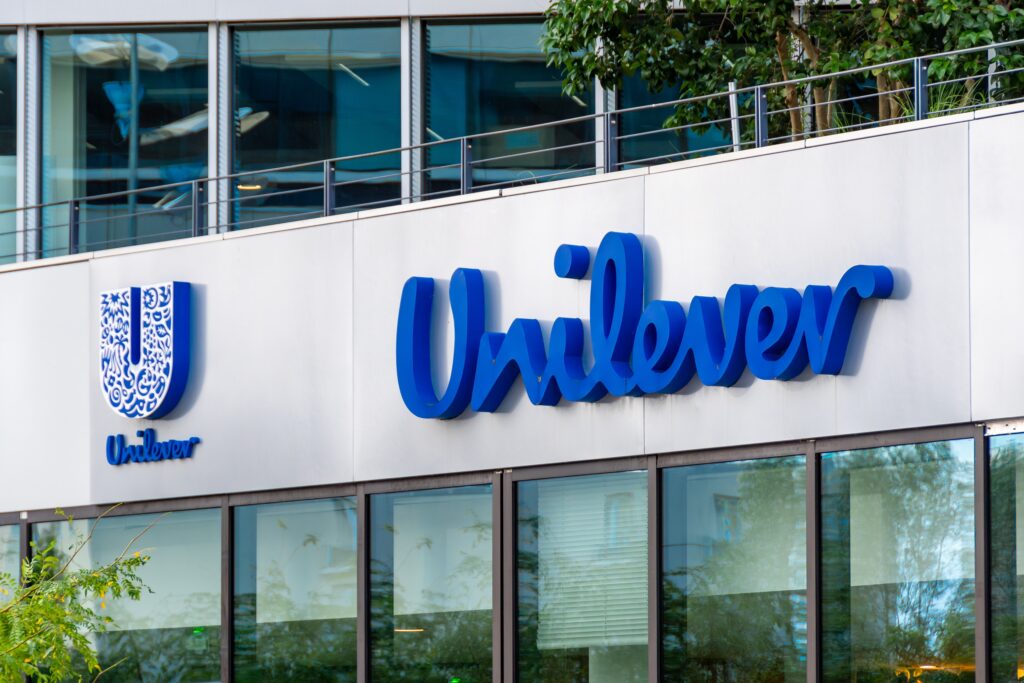Unilever has chosen Amsterdam as the primary listing location for its ice cream business, bringing more trouble to London’s IPO market. The consumer goods giant announced that it will spin off the division later this year. Secondary listings will be available in New York and London, but the decision to prioritize Amsterdam raises questions about London’s attractiveness for big public offerings.
Although Unilever has its main listing in London, it also has secondary listings in Amsterdam and New York. The company’s move signals a shift in strategy and reflects broader challenges for the UK’s financial sector. The British government, which has been working hard to attract more IPOs to London, expressed disappointment over this decision. Officials have tried to create incentives to bring more listings to the London Stock Exchange, but Unilever’s move highlights ongoing struggles.
Unilever’s Ice Cream Business Moves Away
Unilever’s ice cream division includes famous brands such as Ben & Jerry’s, Magnum, Breyers, and Wall’s. The company has appointed Jean-François van Boxmeer as chair designate for the new standalone business. Van Boxmeer, currently the chair of Vodafone Group Plc and a non-executive director at Heineken Holding N.V., brings extensive experience in the consumer goods sector.
This separation marks one of the biggest changes in Unilever’s history. The company aims to increase focus on its core businesses while giving the ice cream unit more independence. Analysts see this as part of a trend where major firms restructure to improve growth and profitability.
Why Unilever Chose Amsterdam Over London
Unilever’s headquarters are in London, and it owns well-known brands like Dove, Sunsilk, Knorr, and Vaseline. CEO Hein Schumacher explained that Amsterdam was chosen because the ice cream division’s leadership team and headquarters are based there. Still, important operations, such as the global research and development center and the Wall’s factory in Gloucester, will remain in the UK.
The decision comes after a detailed review by Unilever’s board. The company aims to boost shareholder value through this restructuring. In its 2024 earnings report, Unilever confirmed that the separation is moving ahead as planned. It expects the process to be complete by the end of 2025. The company stated, “We are advancing on critical workstreams, including legal structuring, setting up an independent operating model, and carving out financials.”
Financial Growth and Market Outlook
Unilever reported strong financial performance in 2024. Underlying sales grew by 4.2%, driven by a 2.9% increase in volume. The company’s total turnover rose by 1.9%, reaching €60.8 billion. Profitability also improved, with the operating margin rising by 170 basis points to 18.4%. Additionally, the gross margin increased by 280 basis points.
CEO Schumacher highlighted shifts in the company’s portfolio. Unilever has been investing in premium brands such as K18 and Minimalist, while selling local food brands like Unox and Conimex. “We are focusing our food portfolio on cooking aids and condiments,” Schumacher said.
The company is also facing difficulties in key markets, including Indonesia and China. Schumacher noted, “We are implementing major changes in Indonesia and adjusting to slower growth in China. We expect to see results from these efforts in the second half of 2025.” While Unilever anticipates weaker growth in early 2025, the company is optimistic about a gradual recovery later in the year.
London’s Struggles in the IPO Market
Unilever’s decision to list its ice cream business in Amsterdam adds to concerns about London’s IPO market. In recent years, several large companies have either chosen to list elsewhere or moved their primary listings outside the UK.
For example, chip designer Arm, a British company, decided to list on the Nasdaq in the U.S. instead of London in 2023. Similarly, CRH, a major construction firm, moved its main listing from London to New York. These shifts reflect growing challenges for London’s financial market, which is struggling to compete with other global financial hubs.
Experts believe that a mix of factors, including Brexit, regulatory changes, and investor preferences, have made London less attractive for IPOs. The UK government has been trying to reform financial regulations to make the London Stock Exchange more appealing, but results have been mixed.
What’s Next for London’s Financial Market?
London remains one of the world’s top financial centers, but it faces increasing competition. The Unilever decision highlights ongoing issues with attracting major IPOs. If more companies follow a similar path, it could weaken London’s position as a leading global stock market.
The UK government is likely to introduce further measures to encourage companies to list in London. However, reversing the trend will require significant changes to regulations, market conditions, and investor confidence. For now, Unilever’s move serves as a reminder that London’s financial market must adapt to remain competitive.
For more updates on business and financial news, visit Euro News 24.
